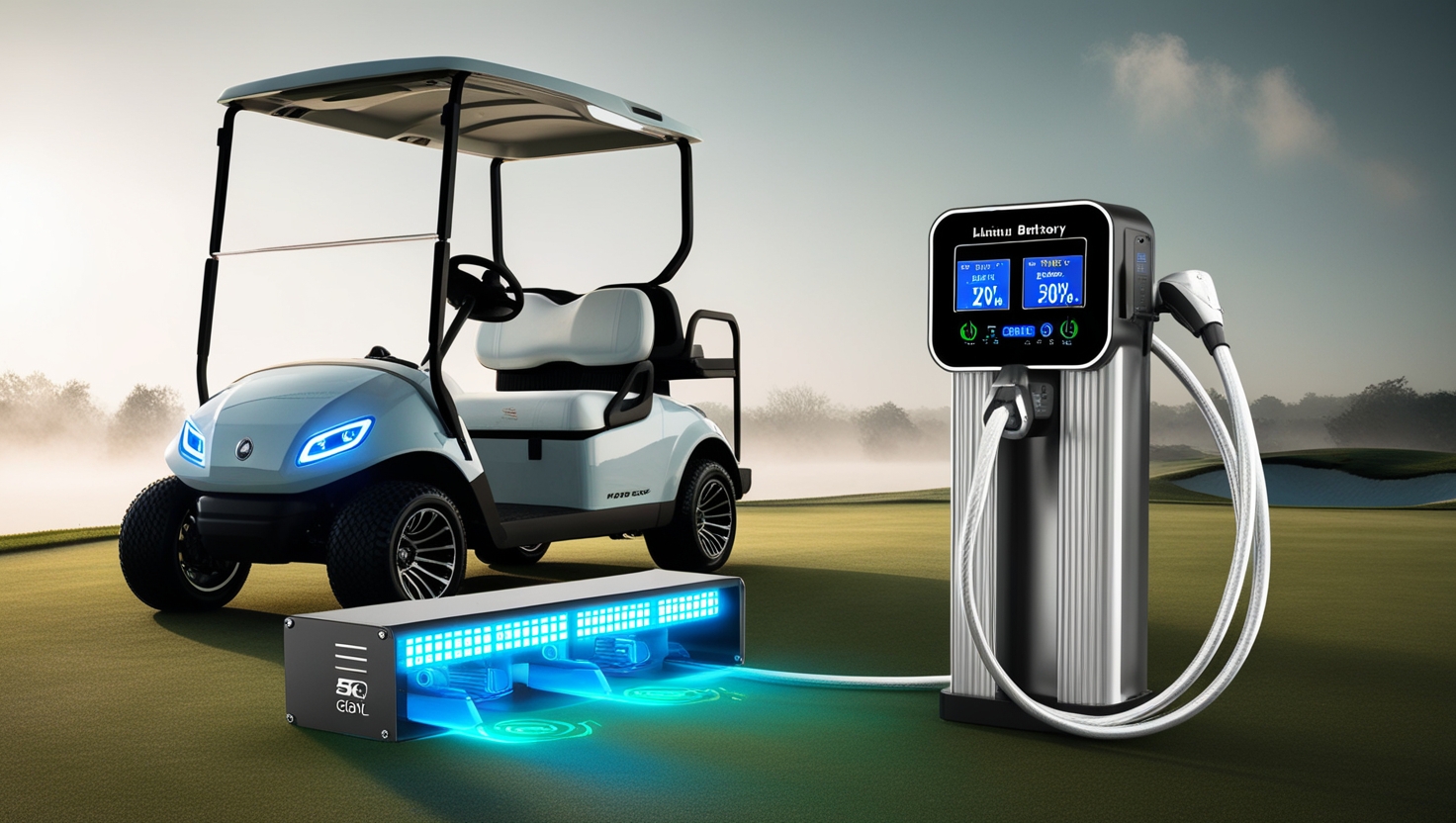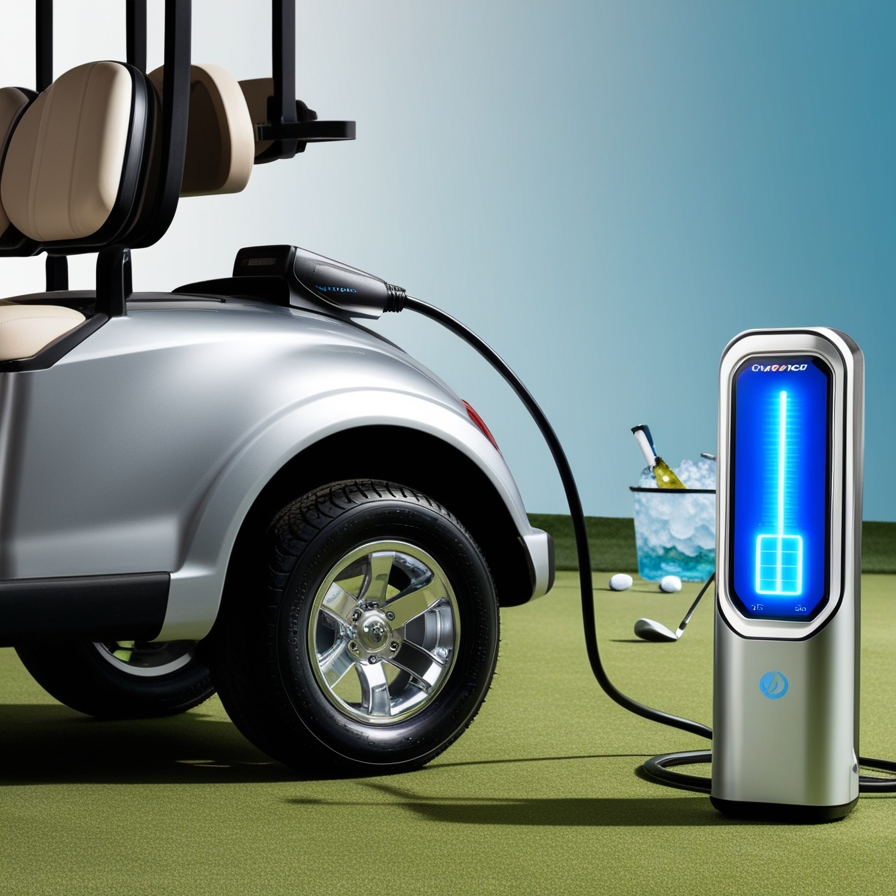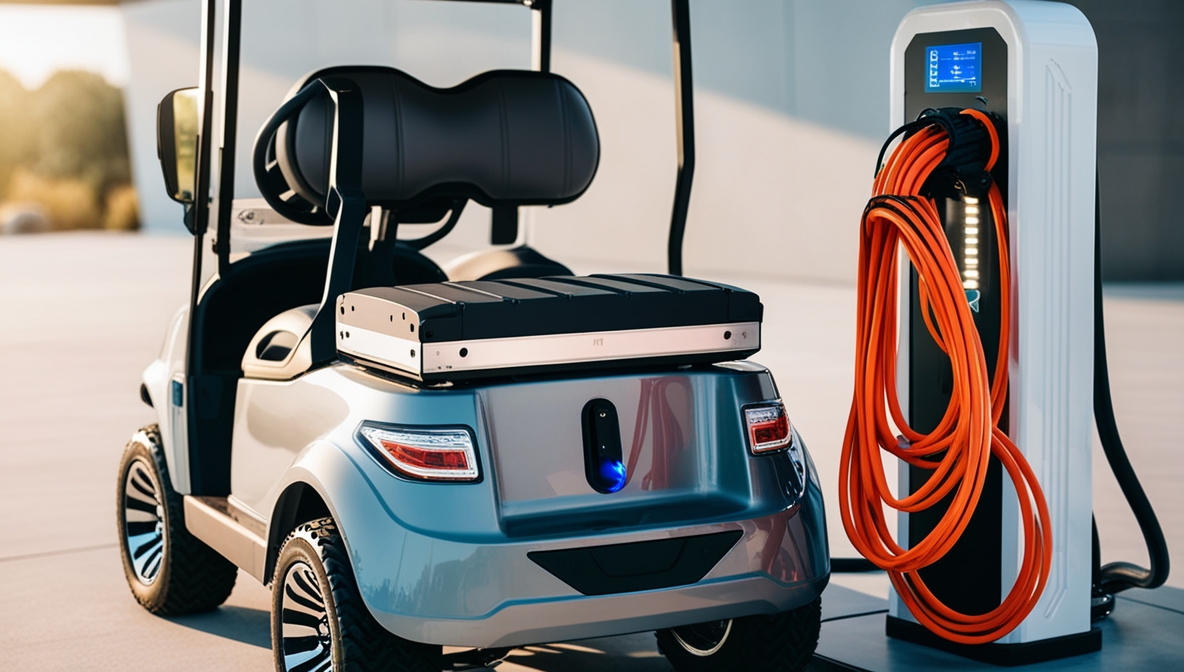Introduction:
In recent years, lithium batteries have gained significant traction as the preferred power source for golf carts, surpassing traditional lead-acid batteries in performance and longevity. Their superior energy density, lighter weight, and longer lifespan make them an attractive choice for golfers and cart operators alike. However, to fully harness the benefits of lithium batteries, it is crucial to understand and adhere to proper charging conditions. This article delves into the essential charging conditions for lithium batteries in golf carts, ensuring optimal performance and longevity.
Lithium batteries, particularly Lithium Iron Phosphate (LiFePO4), are commonly used in golf carts due to their safety and efficiency. Unlike lead-acid batteries, which require periodic watering and have a more complex charging profile, lithium batteries offer a simpler maintenance routine. They typically feature built-in Battery Management Systems (BMS) that monitor and manage charging, discharging, and overall health.

Optimal Charging Temperature
Temperature plays a critical role in the charging process of lithium batteries. For optimal performance and safety, lithium batteries should be charged within a specific temperature range. Generally, the recommended charging temperature for most lithium batteries is between 0°C (32°F) and 45°C (113°F). Charging outside this range can lead to reduced efficiency and potential damage to the battery.
Cold Temperatures: Charging lithium batteries in extremely cold conditions (below 0°C) can lead to lithium plating on the battery’s electrodes, which may reduce capacity and lifespan. It is advisable to ensure the battery is warmed up to at least 0°C before initiating charging.
High Temperatures: Charging at temperatures above 45°C can cause overheating, which can negatively affect the battery’s life and performance. It’s essential to ensure proper ventilation and avoid charging the battery in direct sunlight or near heat sources.
.png)

Proper Charging Equipment
Using the correct charger is vital for the health of lithium batteries. A charger designed specifically for lithium batteries will have the appropriate charging profile, including correct voltage and current limits. It is important to use chargers recommended by the battery manufacturer to avoid overcharging or undercharging, both of which can damage the battery.
Voltage Compatibility: Ensure that the charger’s output voltage matches the battery’s requirements. For instance, a 12V lithium battery typically requires a charger with an output of 14.4V to 14.6V.
Current Limiting: Chargers should have the capability to limit the charging current according to the battery’s specifications. Overcharging current can lead to overheating and potential safety hazards.
Charging Time and Cycles
Unlike lead-acid batteries, lithium batteries do not need to be fully discharged before recharging. In fact, frequent partial discharges are beneficial for lithium batteries. However, it’s essential to follow the manufacturer’s recommendations regarding charging times and cycles.
Partial Charging: Lithium batteries can be charged at any time, and it is generally better to keep them topped off rather than letting them discharge completely. This practice contributes to a longer lifespan and better performance.
Full Charge Cycles: While lithium batteries are designed to handle a significant number of charge cycles, regularly discharging them to very low levels before charging can reduce their lifespan. Aim for partial charging and avoid deep discharges to maximize battery life.

Conclusion
Lithium batteries represent a significant advancement in golf cart technology, offering enhanced performance and longevity. By adhering to the recommended charging conditions—maintaining proper temperature ranges, using the right charger, and following best practices for charging and maintenance—you can ensure that your lithium battery remains in optimal condition. Embracing these guidelines not only extends the life of your battery but also enhances the overall efficiency and reliability of your golf cart, making every round of golf a more enjoyable experience.
If you have any questions or would like to learn more, please don't hesitate to reach out to us.
Request for Quotation:
Jacqueline: jacqueline@heltec-bms.com / +86 185 8375 6538
Sucre: sucre@heltec-bms.com / +86 136 8844 2313
Nancy: nancy@heltec-bms.com / +86 184 8223 7713
Post time: Sep-03-2024
